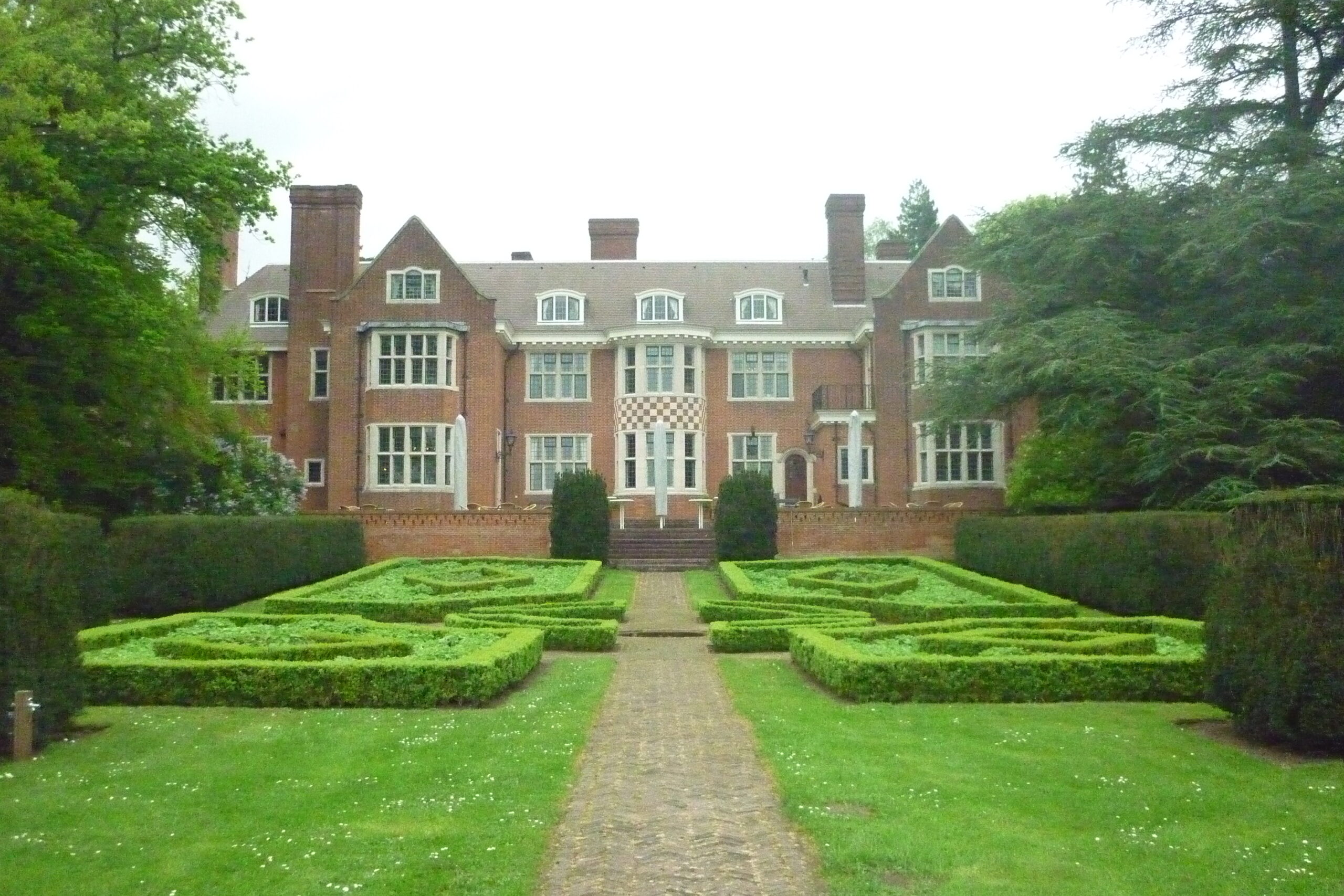Dutch coalition talks resume: are Wilders’s concessions enough?
Gordon Darroch
Talks aimed at forming a new Dutch government are resuming after a two-week Christmas break on a country estate outside Hilversum.
The four right-wing parties PVV, VVD, NSC and BBB will meet behind closed doors under the supervision of former interior minister Roland Plasterk, who has set a deadline of early February to submit a progress report to parliament.
The negotiations will continue all week at Zwaluwenberg Estate, a 19th-century English-style country house in Het Gooi, the wealthy commuter belt region around the broadcasting town of Hilversum.
The secluded location gives the parties the opportunity to hold talks out of sight of the public and media, including residential facilities allowing informal discussions to take place after hours.
Zwaluwenberg, which is normally used by the inspector-general of the armed forces, was also a venue for during the government formation talks in 2007, 2017 and 2021.
PVV shift
On Monday PVV leader Geert Wilders told parliament he was abandoning three pieces of draft legislation, all of which had been criticised in harsh terms by the Council of State for violating constitutional rights.
The move was seen as a concession to Pieter Omtzigt’s Nieuw Sociaal Contract (NSC) party and the right-wing liberal VVD, who are reluctant to join a cabinet with the PVV because of Wilders’s attitude to constitutional rights.
However, it is also a minimal shift by Wilders, formalising a pledge he made before the election to put his anti-Islam policies into “cold storage” so that he could focus on driving down immigration numbers.
One of the proposals called for prison terms of up to five years to be imposed for “Islamic activities” such as possessing a Koran or attending a Muslim school. The Council of State said in 2019, when it assessed the draft law, that it was “incompatible with the essential founding principles of a democratic legal system.”
Ukraine support
Wilders has also withdrawn plans for the preventive detention of people suspected of planning terrorist attacks without bringing them before a court, and a draft law that would strip dual nationals of their right to vote or hold public office.
Leiden University political scientist Simon Otjes noted that several other PVV motions conflict with the constitution, such as one calling for the repatriation of “Antillean criminals” and a proposal for a burkha ban.
.@geertwilderspvv trekt drie initiatiefwetten in.
Ik tel nog negen initiatiefwetten van de PVV. Hier zitten nog wat anti-rechtsstatelijke voorstellen tussen als:
a) Boerkaverbod (artikel 6)
b) Terugzending criminele Antillianen (artikel 1) https://t.co/QEhchp0ZJJ pic.twitter.com/lxvczPg02a— Simon Otjes (@SimonOtjes) January 8, 2024
The party has also called for the Netherlands to withdraw its ratification of the accession treaty between the European Union and Ukraine.
Wilders says he does not oppose political support for Ukraine, but wants to end financial and military aid, including the delivery of F-16 fighter jets.
Three stages
Neither NSC nor VVD reacted on Monday to the PVV’s move, but the smallest party taking part in the talks, the pro-farming BBB led by Caroline van der Plas, welcomed it as a “fine step forward”.
Plasterk has said the talks should focus first on establishing ground on the constitution, before moving on to policy issues and, in the last stage, what form the new cabinet should take.
Both NSC and VVD have said they are not prepared to appoint ministers to a cabinet led by Wilders, but would support a combination of the other three parties through another mechanism such as a confidence and supply deal, so that it has a working majority in parliament.
Other options have also been mooted, such as an “extra-parliamentary” cabinet or a technocratic government, where ministers are not attached to political parties but selected on the basis of their expertise.
Thank you for donating to DutchNews.nl.
We could not provide the Dutch News service, and keep it free of charge, without the generous support of our readers. Your donations allow us to report on issues you tell us matter, and provide you with a summary of the most important Dutch news each day.
Make a donation